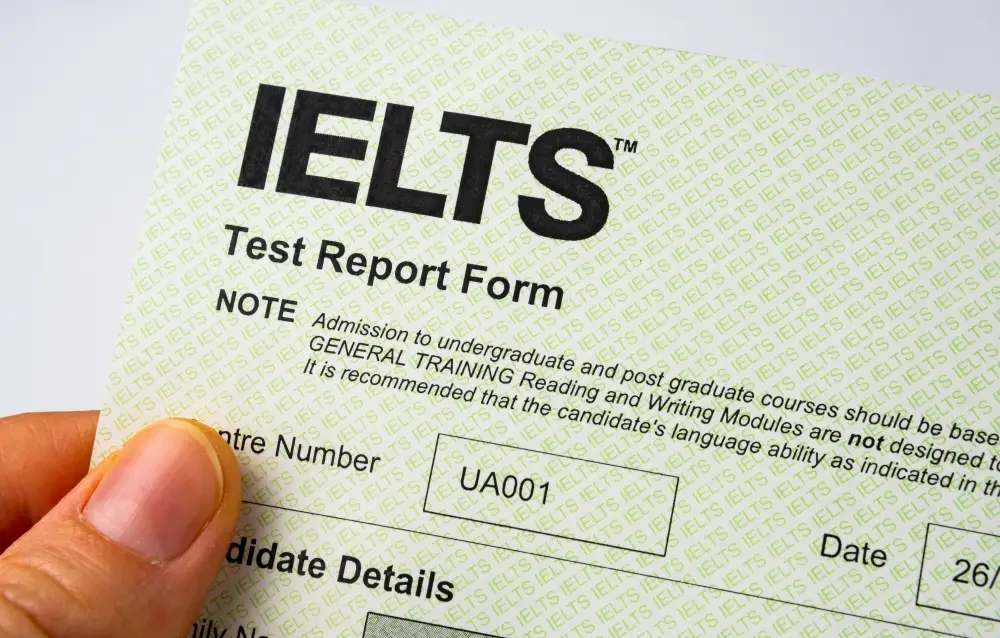Preparing for IELTS by Yourself
IELTS (International English Language Testing System) is an international system for assessing English proficiency for non-native speakers. This exam is developed and administered by three organizations: the British Council, IDP: IELTS Australia and the University of Cambridge.
IELTS consists of four parts, each aimed at assessing a specific skill.
1. Listening
The part of the exam that assesses the candidate’s ability to understand spoken language, including recordings of dialogues and monologues.
2. Reading
This section tests written comprehension skills. Ii includes analysis and answers to questions on texts of varying complexity.
3. Writing
Candidates are required to write essays and answer questions. Here the focus is on grammar, structure, logic and accuracy of expression.
4. Speaking
The candidate undergoes an oral interview with the examiner, demonstrating storytelling skills, vocabulary and the ability to argue.
A Preparation Strategy
IELTS is a challenge, but it is possible to prepare on your own. The most important thing is to build a clear step-by-step strategy to achieve your goal and effectively prepare for IELTS without attending special courses.
Assess your current level of language proficiency
First, take the IELTS pre-test or use other resources to assess your current level of English proficiency. This will help you identify your weaknesses and strengths, as well as determine which section is best to start preparing for.
Develop a personal training plan
Determine your goals for each section of the exam: Listening, Reading, Writing and Speaking. Decide how much time per day or week you are willing to devote to preparation, and distribute that time evenly between sections. Consider your individual needs to make the most of your preparation, but don't overwhelm yourself or burn out.
Review the official exam materials and practice
Use official IELTS materials - textbooks, tests and sample tasks — to understand the exam format and requirements. This will help you get used to the structure of the questions and practice your skills in real exam conditions.
Work on your weaknesses
Highlight your weaknesses and focus on them. If, for example, you find that you have problems understanding spoken language, spend more time listening to audio recordings and analyzing the results. Enhance your practice by watching English-language TV series or listening to podcasts on topics that interest you.
Conduct self-assessment and adjust the plan
Conduct mock tests regularly using official or similar exam materials. Analyze your results and adjust your training plan according to your progress. Focus on areas where you continue to struggle and adapt your preparation strategy.

Where to prepare and practice before taking IELTS
Official exam website
Here you can read more about IELTS, choose a country for taking the test, understand the assessment criteria, and more.
British Council
Official source for preparation. Here you will find 2 practice tests for each part of the exam and webinars covering all aspects of IELTS.
IELTS Online Tests
Mock tests in exam format. You can practice and track your progress in all four sections of IELTS for free. There is a paid service in the form of checking the written and oral parts - from $20 for each part.
E2 Language
On the platform you will have practice completing individual tasks, for example, selecting headings for texts in the Reading section. Many lessons are available for free after registration. Access for 3 months costs $59.
The IELTS Listening Test
Here you can practice listening in IELTS format for free.
IELTS Buddy
There are speaking and reading tests, grammar lessons and lots of materials with essay examples. All of them are absolutely free.
7 tips for those who want to get a high IELTS score
- Clearly allocate time for each question. Listening and Reading have 40 questions each, which means you should spend no more than 1.5 minutes on each.
- If you are not sure of the answer, still attempt to answer anyway. You might be lucky and get it right.
- Follow the word count guidelines for your answer. This can be an important evaluation criterion.
- Carefully check everything you write for spelling errors — this is monitored in each part of the exam. You may be deducted a point for a typo, even if the answer itself is correct.
- In the Writing part, follow a clear structure. Separate paragraphs between the introduction, each idea, examples, arguments, and conclusion. The structure of the text will also be assessed.
- Avoid remaining silent during the interview — if you need to think, use introductory words and structures to gather your thoughts.
- If you are very worried before the Speaking section, try to calm down by breathing exercises. Confident speech also affects the result.






